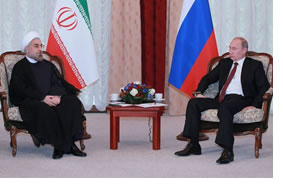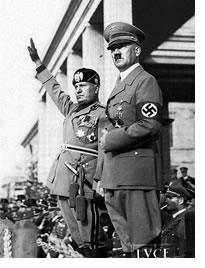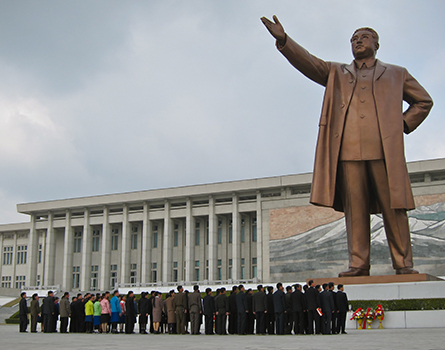What is Government?
Government as an institution makes and enforces public policies for society. In other words, government is the authority that provides structure and laws that rule a society. Government operates within a state or nation-state which is a political community occupying a specific territory that claims sovereignty or independence in the exercise of power over the people of its territory. A country must have defined borders recognized by other nations to be a nation-state.
Why Do We Need Government?
Why do we need a government? What does the government do for its citizens? There are several basic tasks provided by government that society needs in order to function better. Government tasks include providing:
- Order, such as police/fire protection
- National defense or security, such as armed forces
- Public goods, or services, such as education, transportation system, mail service, etc
- Political system that promotes the general welfare, such as a justice system and a political system that makes decisions in the public interest
Limited vs. Unlimited Government
There are many different types of government, none of which are exactly alike. Governments differ based on who holds power or authority. Some governments are ruled by one person while others are governed by a small group elected by citizens. Governments in their most basic form can be classified as either limited or unlimited. Limited governments are limited by established laws and procedures created by the people. In other words, limited governments cannot do as they please and are not above the law. Unlimited governments are unlimited and their leader(s) have total power to rule the nation-state as they choose with no accountability to the people. In other words, leaders of an unlimited government are above the law.
Types of Limited Governments
The idea of limited government became popular in the 17th century when philosophers, such as John Locke, proposed that governments be limited to powers that protect life, liberty, and property. Limited government is the basic principle of our American government.
Limited Governments include different types of constitutional governments, like our American system, that are based on the principle that government is bound by the rule of law. Constitutional monarchies, like Great Britain, and democracies, like our representative or constitutional democracy in the United States, are forms of government limited by a constitution or rule of law. One example of constitutional limits is elections that limit leaders' terms in office.
Democratic Systems
Though most people think their government works the best, there is no one specific way for a nation to organize government. Many nations around the world now have some form of democratic government. Most democracies organize government into either a presidential or a parliamentary system.
A presidential system, like in the United States, has a president who is elected for a limited term by the people. It also has a separation of powers between an equal and independent executive and legislative branch. A parliamentary system, like in Great Britain, is the most common system found in democracies. The executive leader (usually a prime minister) is chosen by the legislature or parliament. The prime minister serves as a member and the leader of the majority party in parliament.
Types of Unlimited Governments

Iranian president Hassan Rouhani, left, meeting with Russian president Vladimir Putin.
Our Constitution allows "We the People" unique power to limit our government. Yet, many people around the world live under unlimited governments that have been formed or sustained by force. Examples of unlimited governments include authoritarian, like Iran, and totalitarian regimes, like North Korea. Read "Democracy versus Totalitarianism" to learn more about these types of governments.
Authoritarian Governments

Adolf Hitler, leader of Nazi Germany, and Benito Mussolini, leader of fascist Italy, both led authoritarian regimes during World War II.
Authoritarian systems of government, like Iran, are ruled by one leader or a small group. An authoritarian government may take many forms. A king or dictator may rule over an authoritarian government. In this form of government, the power to govern does not rest with the people and rule of law does not exist.
Watch Forms of Government to learn more about different types of government.
Authoritarian Governments
Types of authoritarian governments include:
- Monarchy - ruled by a single person who is usually a hereditary figure like a king or a queen
- Oligarchy - ruled by a small group of people who are usually wealthy or a powerful military (example: ancient Greece, early South Africa)
- Theocracy - ruled by religious leaders (example: Iran's ayatollah)
- Dictatorship - most common form of authoritarian government in which unlimited power is held by one person who rules and controls the people by force (example: Cuba)
Watch What's a Dictatorship? | Politics on Point (3:40) to learn about governments run by dictators.
Totalitarian Governments

North Koreans salute to the statue of Kim II Sung. Image by John Pavelka is licensed under CC BY 2.0.
Some very extreme authoritarian governments are totalitarian in nature. A totalitarian regime, like North Korea, is a form of government in which the ruler attempts to control all aspects of private and public life. Watch Brainwashed (3:38), the story of a sister trying to convince her sibling to stay with her in Seoul, South Korea, instead of returning to North Korea. Download Brainwashed Video Transcript.